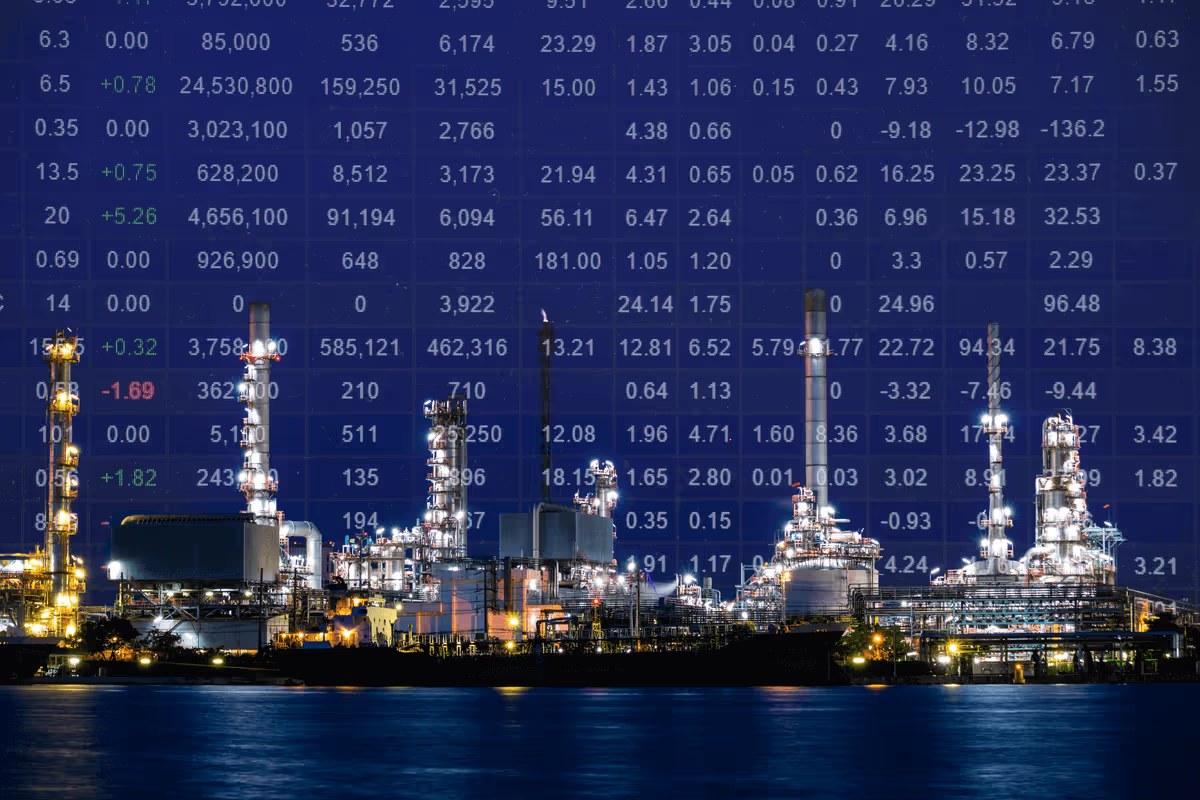

Why we built a training academy from scratch
The Signal Group was founded with the vision to bring shipping and technology together. With over 65 years of collective experience in ship management at the highest level, we knew that we had a significant advantage as a shipping services and technology provider in the shipping industry. Teaching all our team members about tanker chartering and the intricacies of the shipping industry was the best way to ensure all Signalers build a deep understanding of the needs of our clients and become adept in meeting their expectations. And so we created the Tanker Chartering Academy. Besides the professional training program, we recently added a free Tanker Chartering Academy for anyone interested in the chartering basics.
How the Academy propels our business knowledge
The Tanker Chartering Academy is a 2-week, intensive training program built entirely in-house, that is designed to teach the fundamentals of tanker chartering while covering key actions and interactions from all the commercial shipping functions (including Operations & Bunkering, Freight and Disbursements Accounts). By leveraging this training asset and our technology solutions, we find that we have effectively sliced the time required to train a commercial ship management professional in half.
The value of the Tanker Chartering Academy program, however, does not stop there. There is simply no way to build successful technology products without allowing your technology team to build a deep and practical understanding of the problems they are ultimately addressing. The Academy allows us to take talented technologists and immerse them in the fascinating entrepreneurial domain of shipping, to help them have more impact in what they do. Injecting this knowledge in the design & implementation of The Signal Ocean Platform (TSOP), was critical in order to bring the ML / AI technologies to life for our clients.
After completing the first 6 successful cycles, we noticed that the training has been effective not only for new joiners with no background in shipping, but also for existing team members with decades of work in the industry. The feedback we received from our team members illustrates how indispensable the Tanker Chartering Academy has become.

Michael | Data Scientist “It allowed me to better understand the challenges of the maritime business and how the involved parties can leverage the power of data. Having this experience, I am able to better place my work in a product-oriented frame.”
Ioannis | Senior Software Engineer “I truly enjoyed the part where the chartering team explained how things work and shared their experiences. It's highly important for a software engineer to understand how people work in order to understand how to make good software that will empower them to do their job easier, faster and hopefully better.”
Alexandros | Senior Product Designer: “I loved the live sessions because we could elaborate more and dive deep in details that matter. I find all the information I got from the Academy useful on a daily basis now, as I am prepared and have a good understanding of the shipping industry.’

What it means to attend the Academy
The Academy starts with the shipping basics, along with a first hand experience with TSOP. Moving forward, the participants have an intro to chartering and how TSOP is leveraged in every step of the vessel fixing cycle, as well as an overview of key shipping functions. On the 3rd day, the schedule includes a step-by-step guide through a realistic vessel fixing example & also touches upon the ways oil trading is connected and correlated with the maritime transportation of oil. The participants also attend a live session about Signal's current Chartering activities and familiarise themselves with the internal position list, the key source of truth for fleet deployment.
The focus during the 5th day lies in understanding the concepts around tonnage pooling and how data can help solve the inherent problems that arise when shipowners decide to pool tonnage together. The day also includes a weekly market commentary and allows participants to better understand how market conditions influence the day-to-day realities of a commercial team. The highlight of the 6th day is taking part in the commercial team’s weekly Chartering Call in order to understand tactics and strategy laid out at the beginning of each week, a great opportunity for the Academy participants to mingle with passionate professionals from the shipping world and dive into their daily challenges.

As Theano | Chartering Administration Assistant said “It was a catalyst in my on-boarding process at Signal. Within two weeks' time, I obtained well-rounded knowledge about the tanker chartering magical world in an accelerated and engaging way. I was surprised with concepts I didn't know anything about before. Through the rotation plan, I met many coworkers, who shared their passion about their roles, and now I can more easily get in touch and cooperate with them. Especially regarding the Chartering department, I had the chance to sit near the chartering officers and dive into their daily routine.”
Maximos | Shipping Intelligence Intern describing his favourite part of the academy “The live chartering sessions were the most insightful and interesting part of the academy. It gave me a solid understanding of the business process, which helps me tackle problems that have a technological nature and an underlying chartering aspect.”
Pavlos | Data Analyst also found the live sessions with the other departments really intriguing. “It gave me a good overview of what the vessel commercial management is all about. It helped me get familiar with basic shipping concepts and the tools that we use at Signal to successfully charter vessels.”
Participants get their hands dirty during the 7th day of the academy by going through a simulation exercise focused around profitability through TCE (Time Charter Equivalent) calculations, while live sessions with the Disbursements, Bunkering and Shipping Intelligence teams follow on the next day. After being exposed to a wide range of important information, it’s time for the participants to reinforce and connect their newly forged understanding through a live session on higher level strategic decision making as well by reviewing a few select legal cases and how these are typically addressed.
The academy’s grand finale includes live sessions with Freight & Operations teams and, of course, the final exam.
Another team that greatly benefits from the academy is our Technology Sales & Marketing team. Through the Tanker Chartering Academy, they manage to dive deep into the needs of the commercial shipping market and understand the different ways TSOP, the product they sell, can serve those needs.

Eirini | Customer Success Officer “In my role, I engage with the active market participants of commercial shipping. Understanding their perspective and needs is paramount. The Tanker Chartering Academy has certainly elevated my knowledge in the industry and the intricacies that define it. As part of the Customer Success team, I can now be more proactive in addressing the concerns of our customers and showing them the great value of having The Signal Ocean Platform as their trusted partner in their daily work.”
David | VP of Business Development and Partnerships “Speaking with the chartering officers and bunker buyers in order to understand what drives them and why TSOP helps so much was my favorite part in the academy. The training provided a very broad perspective on the tanker/chartering market. Understanding the needs and challenges helps identify how to best serve our customers.’
Seeing the Tanker Chartering Academy have deeper and wider impact than what we originally expected, we have now extended it to all Signalers, as it helps create a strong business foundation and arms them with solid knowledge of the shipping industry, regardless of their roles. After all, continuous learning is a core element of Signal’s culture and as the CEO of Signal Maritime Services, Panos Dimitracopoulos, mentioned in the past: “I firmly believe that structured onboarding processes lead to a homogeneous culture in the medium term. The robust onboarding process along with the continuous learning experience represent key pillars for any agile organisation in the longer run."
-Want to join the Signal team? View our Job Openings here.
-To have a look at our Signal Ocean Platform and the technology we build, get access to our Free Edition.
-For more news, articles and job alerts, follow Signal on LinkedIn.
For the latest updates and insights, make sure to visit the Signal Ocean Newsroom website page. Click here to request a demo.




Ready to get started and outrun your competition?













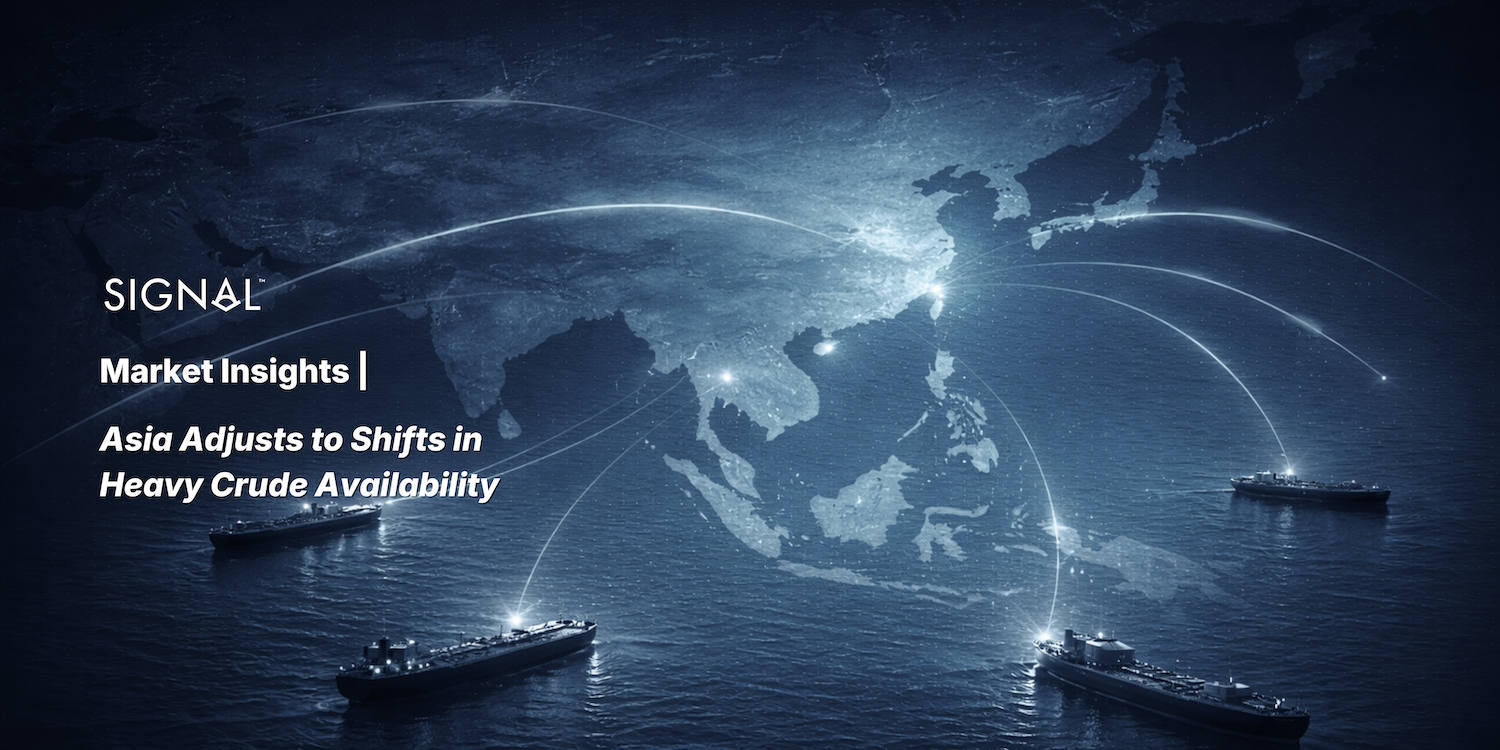
.png)
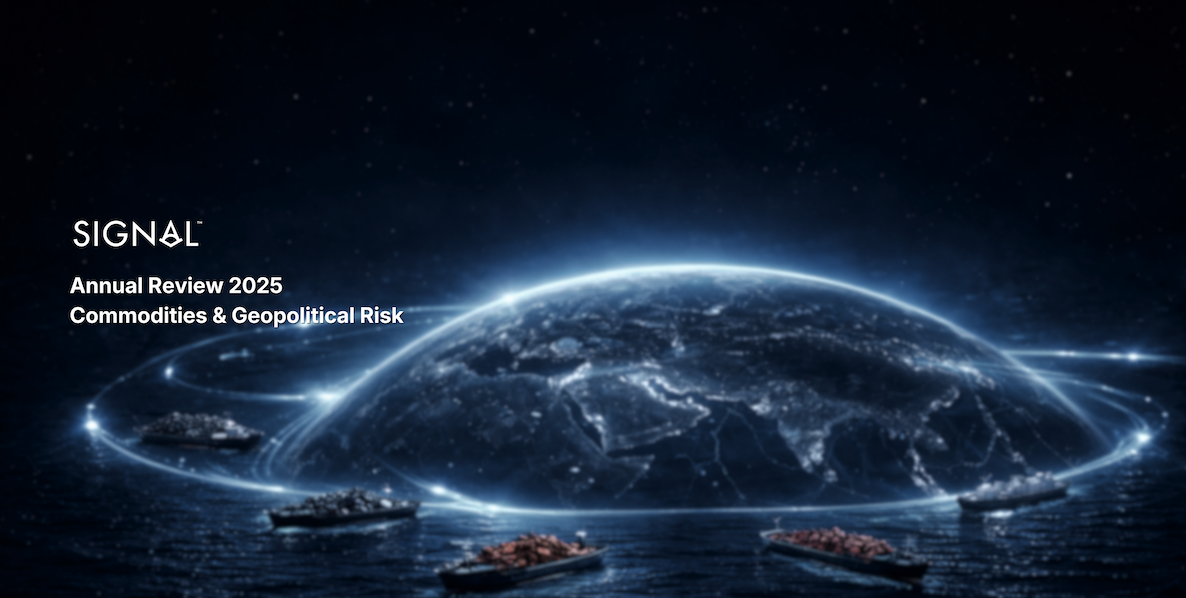
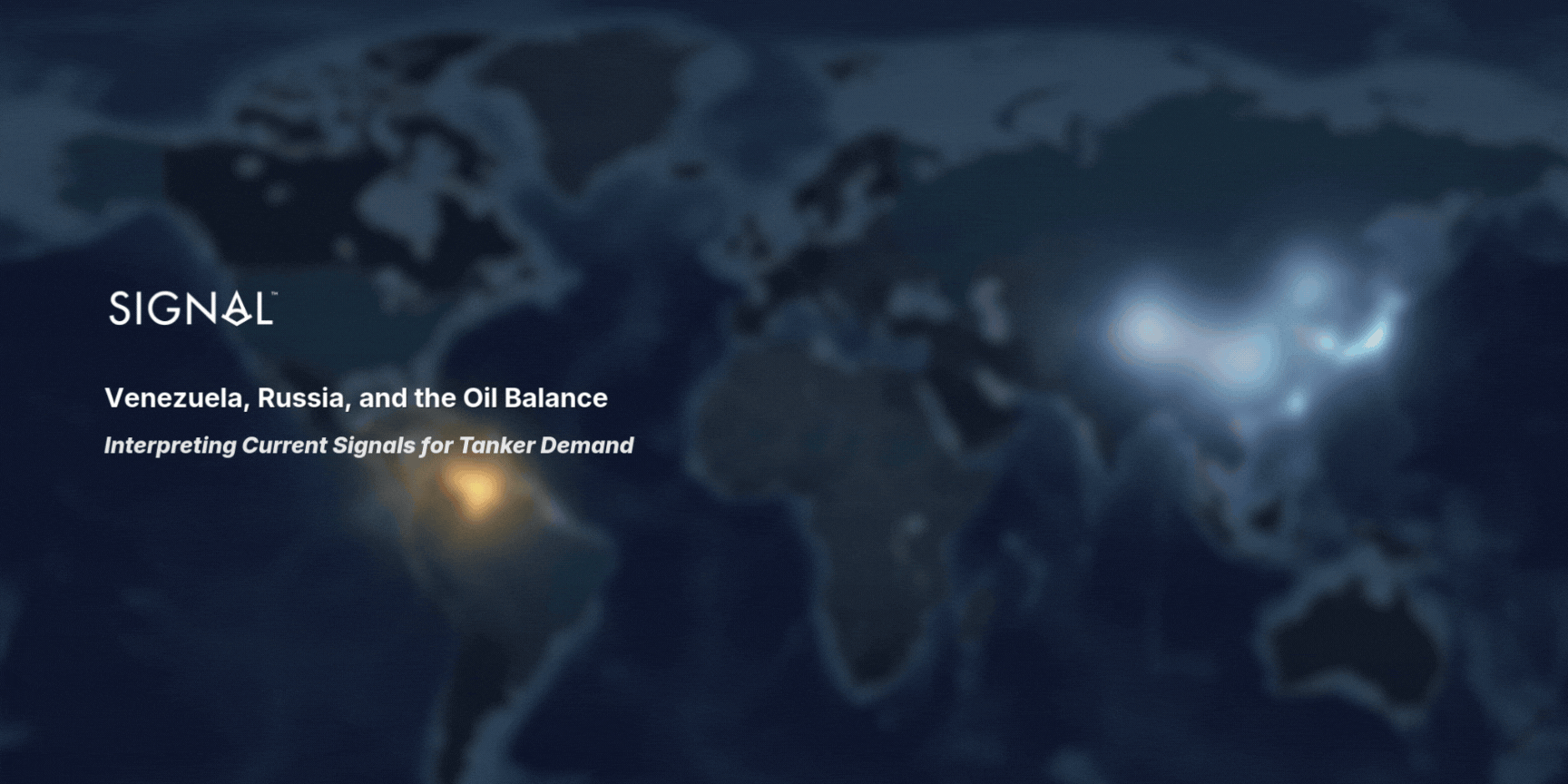
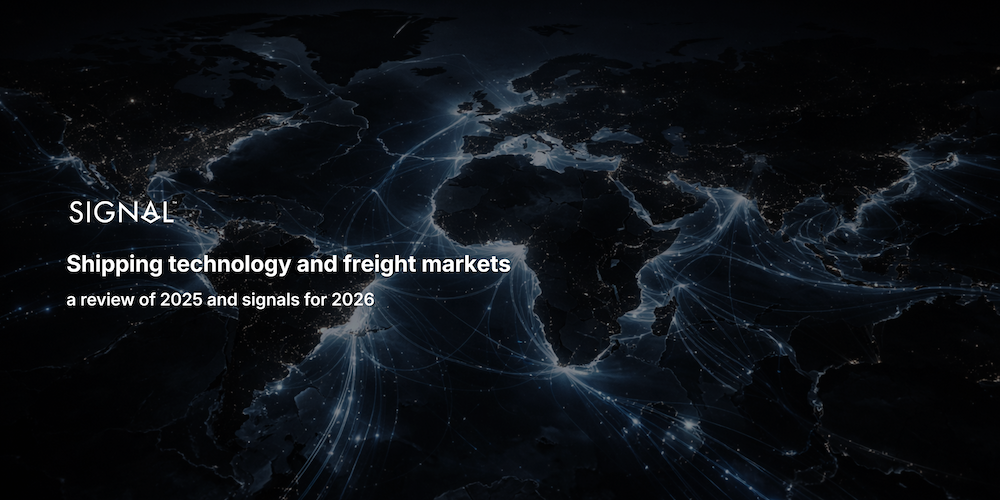
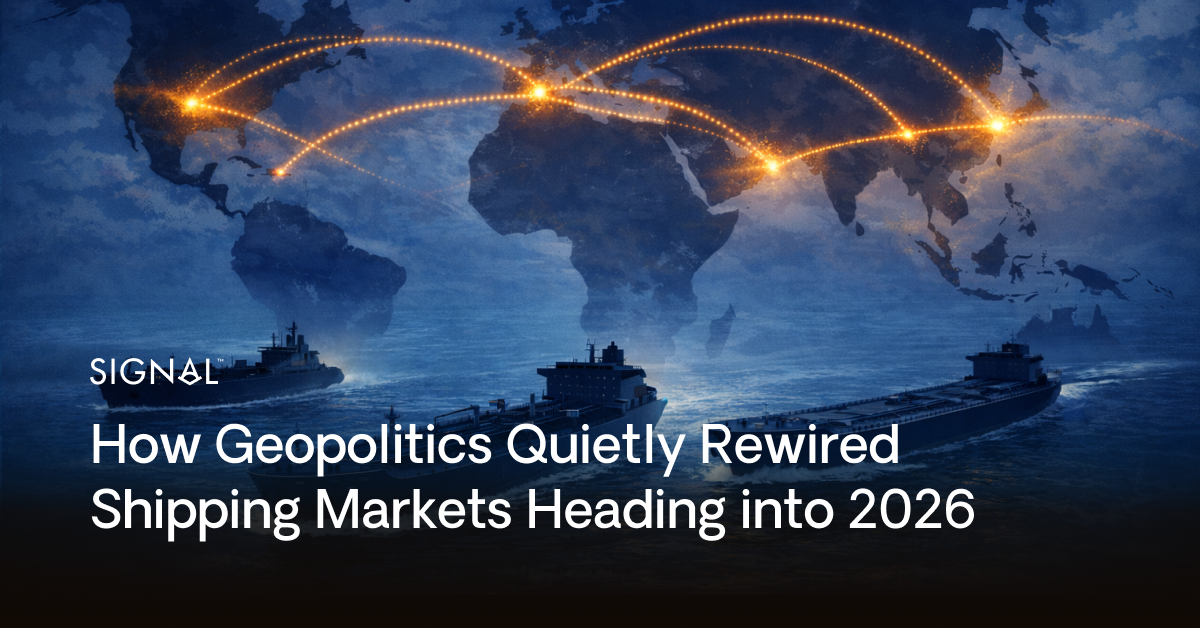




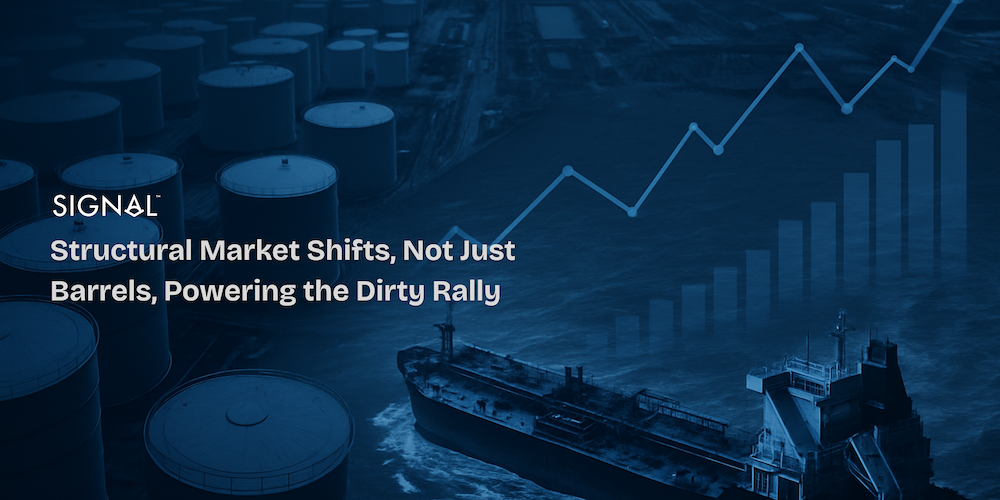


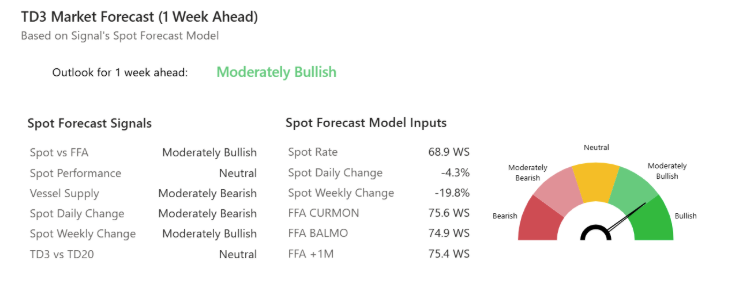


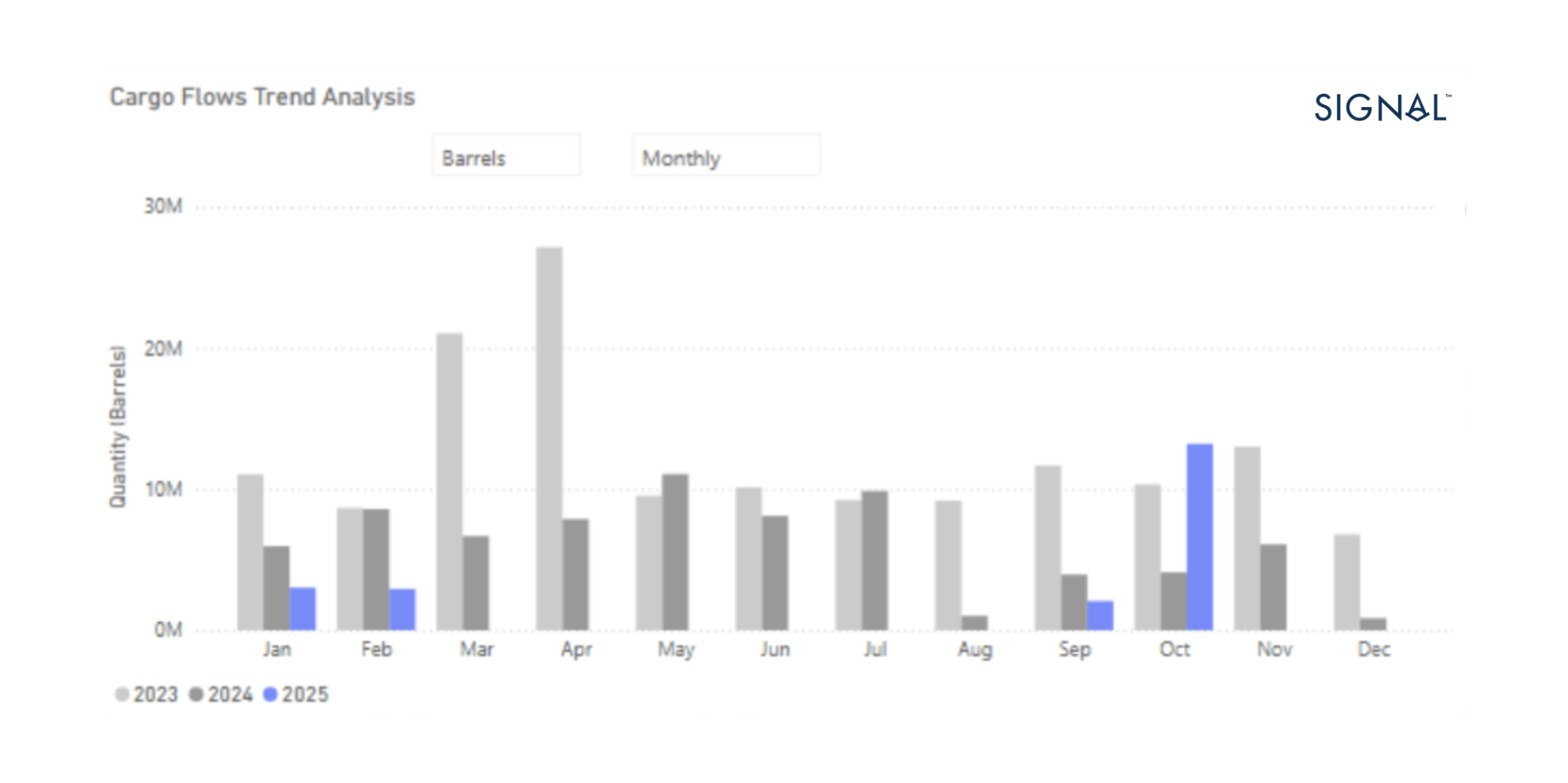
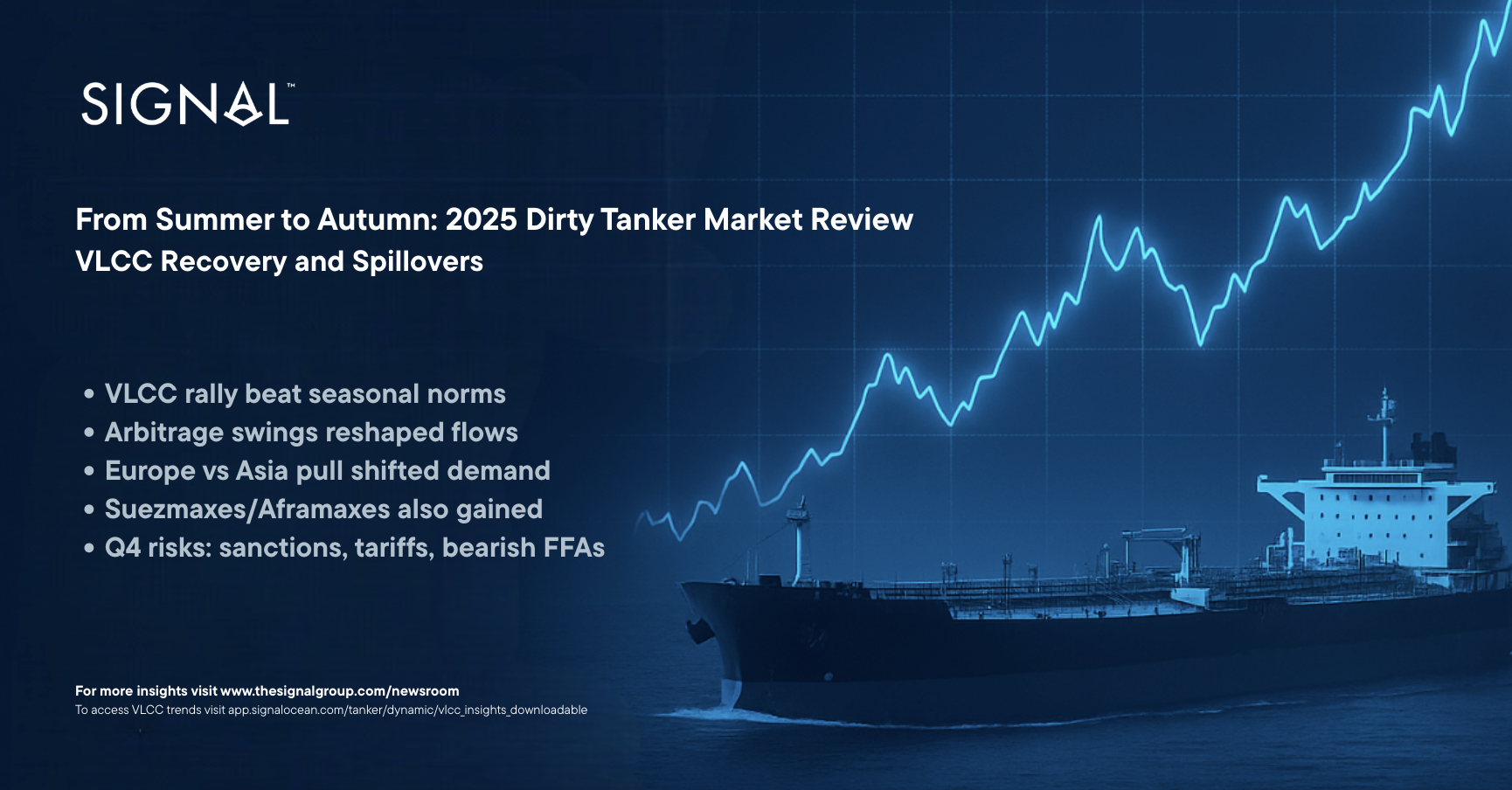
.png)
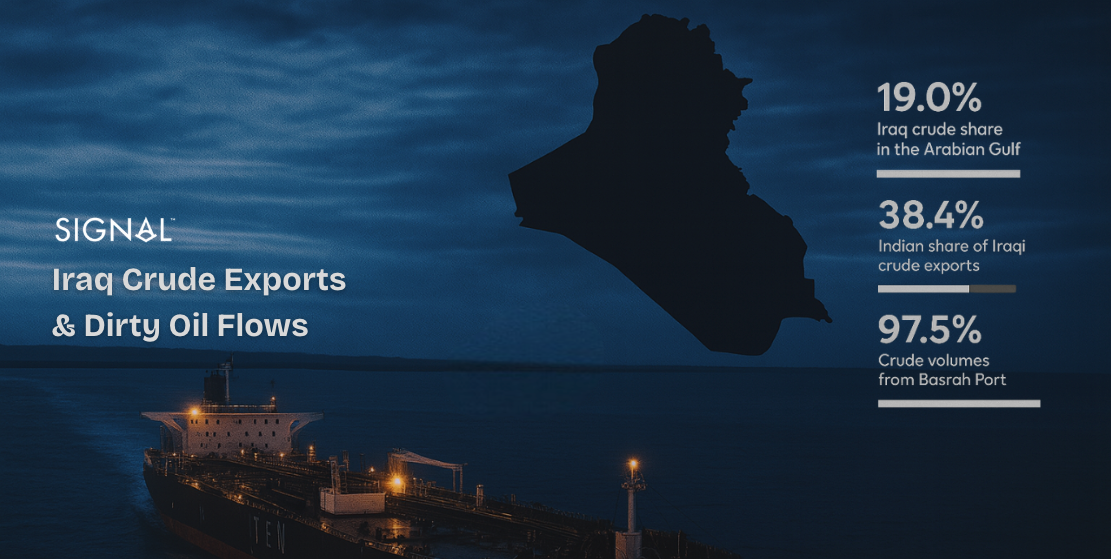
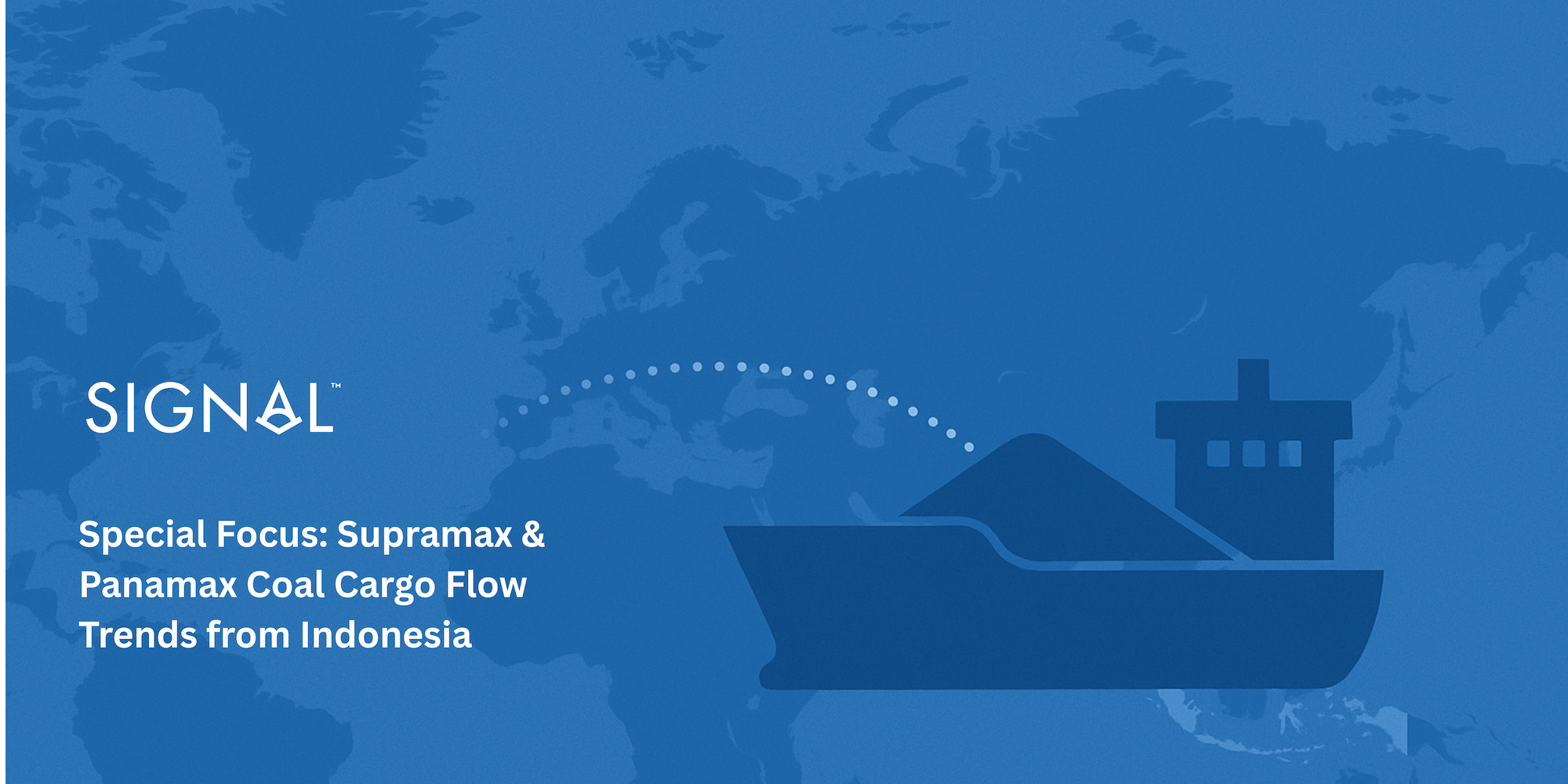
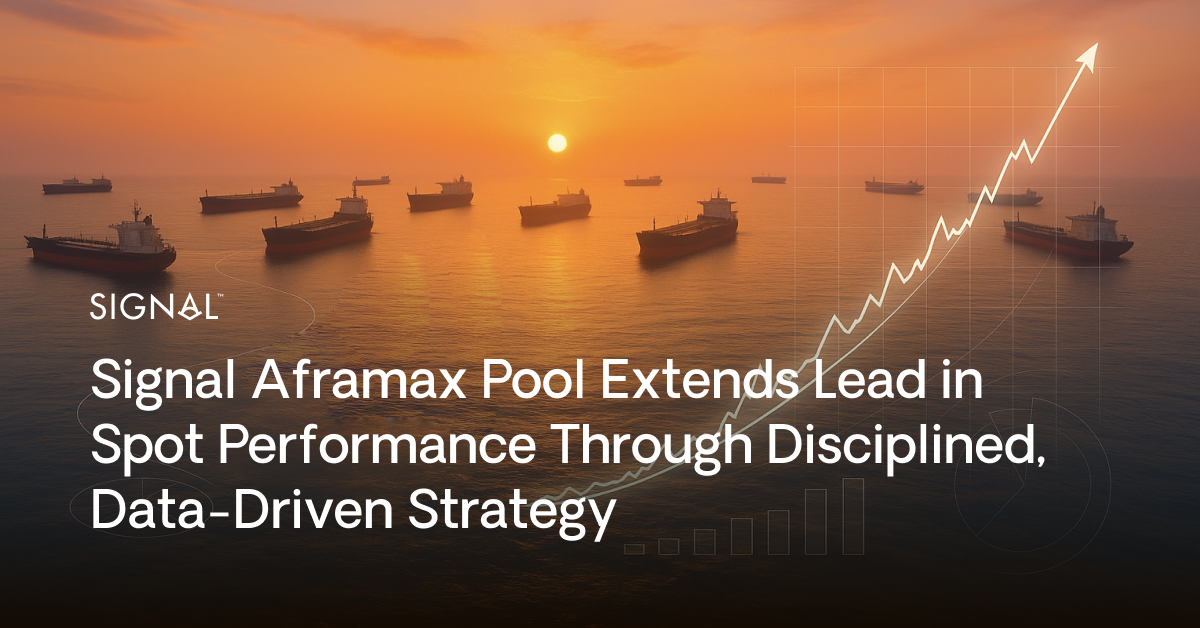
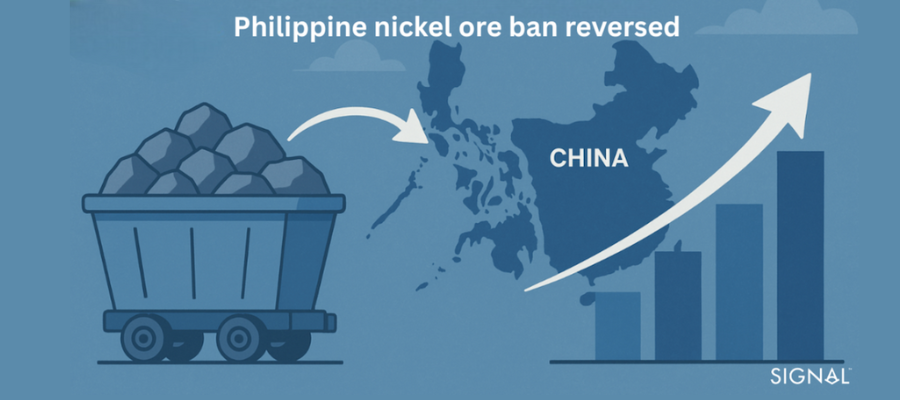

.png)

.png)

.png)
.png)

.png)







.avif)



.avif)




































